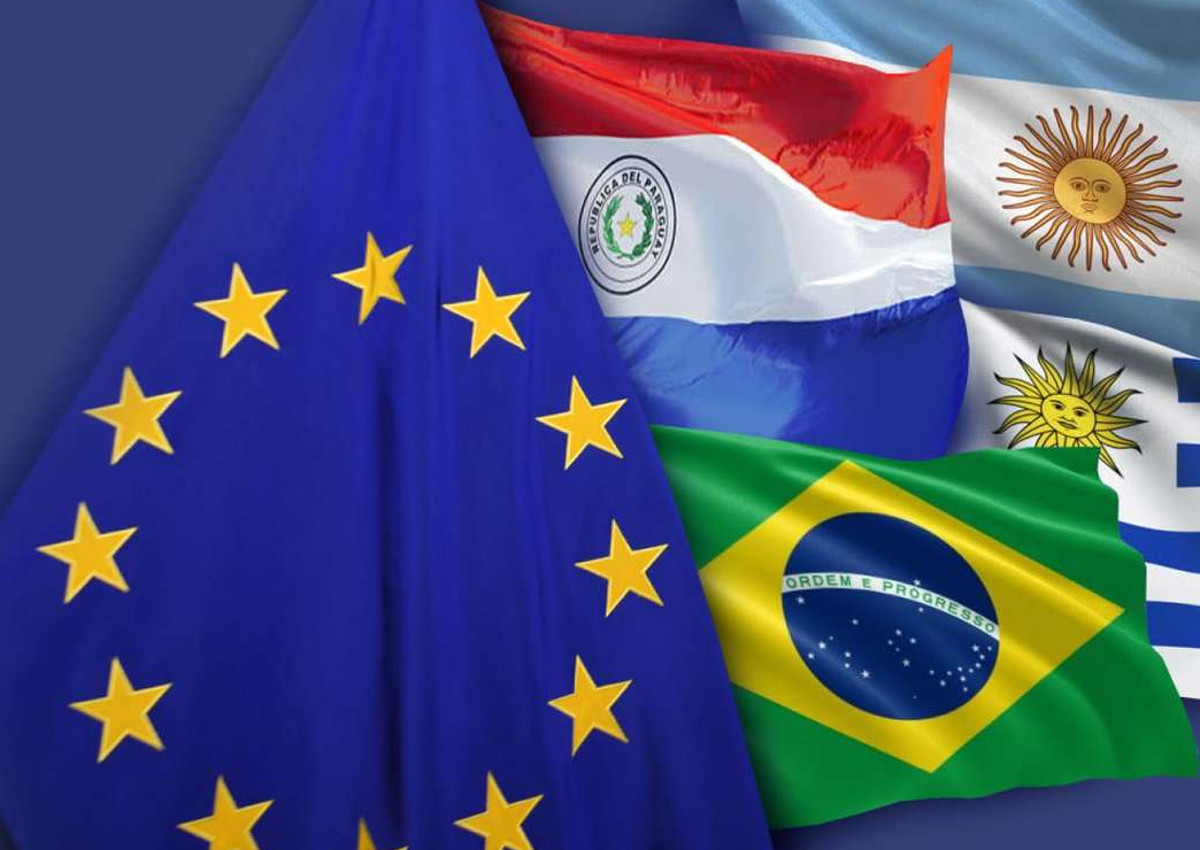
“If the rumours about the agreement reached between the EU and the Mercosur countries were confirmed, I would not be satisfied and I would be concerned about the negative repercussions. Especially if our market would be open to Mercosur products in sensitive sectors such as rice and poultry.” This is what the Italian Minister of Agriculture Gian Marco Centinaio said after the announcement of the trade agreement between the European Union and the South American countries – Brazil, Argentina, Uruguay, and Paraguay – which is in its final stages.
“We will oppose in all places – said Centinaio -. We will not allow our farmers and our food supply chain to be penalized. We are not against international trade agreements. We are against the deals that do not protect our products whose quality standards are very different from those of other countries outside the EU. We are also very perplexed about the possible advantages for exports of Italian olive oil, pasta, and cheese. We will continue to ask for the widest possible guarantees, including the total recognition and protection of our PDO and PGI products.”
THE AGREEMENT WITH MERCOSUR AND ITALY’S CONCERN
The trade agreement between the European Union and the Mercosur countries (with over 260 million consumers) is causing concern to several Italian agri-food producers organizations, starting with Cia-Agricoltori Italiani. “The risk for Italy is to be submerged by South American agri-food products – explains the association -. The EU has the highest standards in terms of food safety, as well as health and animal welfare, that guarantee the success of European food products in the world. It would be harmful to compete with products that do not respect the principles of reciprocity of Community rules.”
According to Copagri president Franco Verrascina, the agreement “risks being dangerous for the import of beef, but also oranges, wine, oil, sugar, pasta and dairy products. All these products are likely to be used as barter goods for the benefit of machinery, chemicals and pharmaceuticals, which hold the largest shares of EU exports to Mercosur”. Europe is Mercosur’s largest trading partner, with over 20% of total trade in 2018, but also the largest exporter in the South American bloc, which is worth 45 billion euros in 2018. Mercosur, in fact, is the seventh largest world economy and the fifth largest market outside the EU.
DAIRY AND WINE IN THE SPOTLIGHT
“Although this agreement aims to eliminate export duties on a large number of EU food products, such as milk products (which currently face tariff barriers of 28%) and wines (for which tariff barriers stand at 20%), particular attention should be paid to any new trade concessions and to assessing the conditions imposed on the imports of agri-food products. Especially on tariff and non-tariff barriers,” added the President of Copagri.

